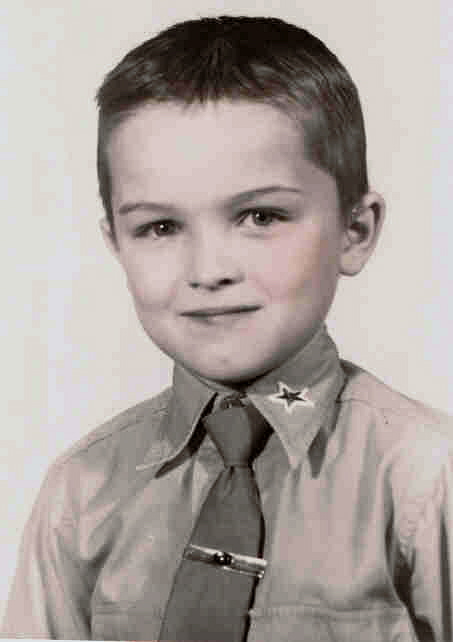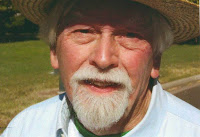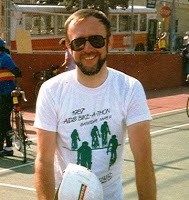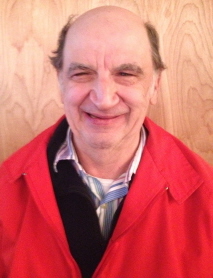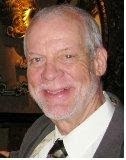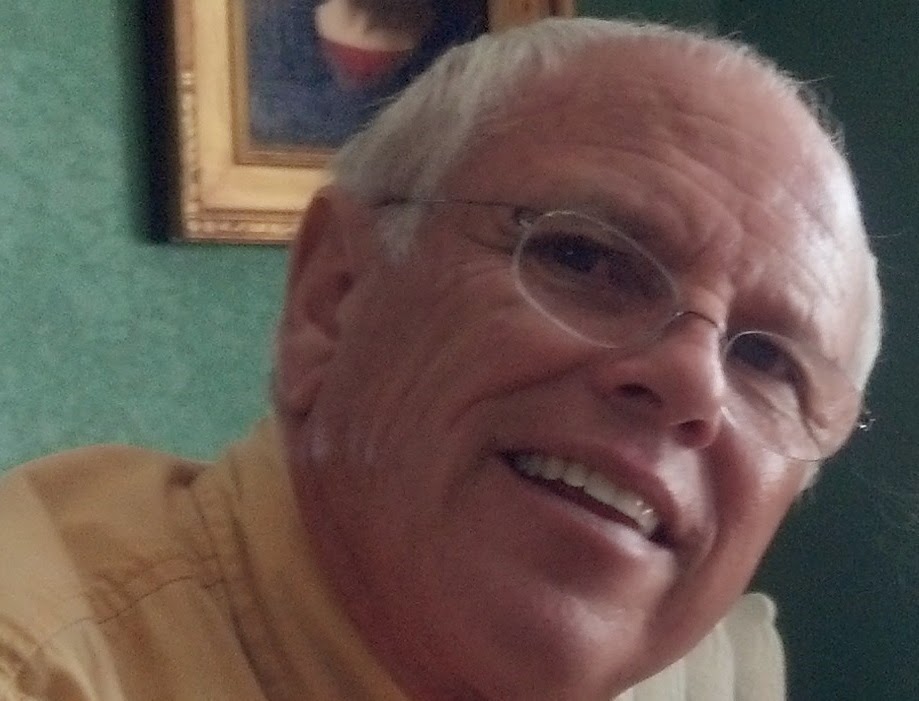the diverse states and ethnic groups were unified under the stern, deft hand of
Marshall Tito. Keeping the peace
required a person of his universal admiration, status, and cleverness. Although I was, at the time, quite young and
not particularly well versed in world affairs, even I could see the underlying
signs of entropy and conflict. Sewn together
at the end of World War I into a makeshift nation, differences and suspicions
between Muslims, Orthodox Christians, and Roman Catholics, were just too deeply
engrained for the nation to last once Tito was gone.
culturally and ethnically than it did with its eastern counterparts. Also, for a so-called communist state, it was
very democratic, in some ways even more so than America. Upon my entering adjacent states, I noticed
differences in the cultural,
religious, and political atmosphere.
During World War II, the Croatian Republic of Herzeg-Bosnia
claimed to be an independent fascist state with an uneasy mix of Muslims and
Christians. Farther east, Serbia seemed more
primitive and populated by stern, dour people who easily adhered to
communism. Muslim minarets were in far
greater evidence than in the western states.
I had no idea that, after Tito’s death, my perception of Yugoslavia
being an uneasy alliance of very different peoples would prove to be so
prophetic.
town of Mostar in Bosnia. I took a picture of the world-famous stone
bridge that arched over the deep ravine of the Neretva River.
 |
| 16th Century Mostar Bridge |
my more than three hundred slides from
that year, that color slide of the old bridge and the stone buildings on either
side of the ravine was one that literally was of prize-winning quality. The Ottoman architect Mimar Hayruddin built
the narrow, stone bridge in the 16th century, and the bridge was the
subject of many paintings and photographs over the centuries. During the early 1990s, however, neither the
bridge nor the peace stood.
from Yugoslavia.
The central government in Beograd,
Serbia, retaliated. Mostar was subjected to an eighteen-month siege by the Yugoslav People’s Army. They first bombed Mostar in April, 1992. The Croatian Defense Council
responded. Continued shelling destroyed the
iconic bridge, the Franciscan
monastery, the Catholic cathedral, the bishop’s palace (with a library of
50,000 books), and a number of secular institutions as well as fourteen mosques.
 |
| Civil War Destroyed the 16th Century Mostar Bridge |
United Nations and the European Union to attempt to bring relative peace to the
area by forming a Croat-Muslim coalition and then trying to convince the Serbian
government in Beograd to accept a peace
plan. The Army of the Republic of
Bosnia and Herzegovina was comprised of a majority of Muslims and a
minority of Christians. Fighting broke
out among them, too. Before the
agreement could be signed, the Muslim-led forces fought bitterly against the
Christian Croats in attempt to control Mostar. The Christian Croat forces
dominated Mostar, controlled the western
part, and the Muslim Bosniak population was
expelled and driven from their homes to the eastern side. Peace, empathy, and humanity crumbled among
the ruins of Mostar’s stone buildings.
signed, and Mostar was placed under E.U. administration with the German mayor
from Bremen
governing and a British general in charge of U.N. troops. The peace accord resulted in a very shaky
union of two autonomous regions, the Serb
Republic and the Bosniak
and Croat Federation. Decision-making
was run by a system of ethnic quotas that has stagnated making agreements and
has stifled economic recovery. The
editor of an independent Mostar website has stated, “They never will reach
agreement.”
rebuilding the region including Mostar’s bridge and city buildings, but there
still is no reconciliation among the inhabitants. The two city-sections each side of the river
still have their own electricity provider, phone network, postal service,
utility services and university. Croat
and Bosniak schoolchildren attend separate classes, studying from different
textbooks. The Croats, in the majority,
want the town unified. Suspicion and
hatred are so deep that there appears to be little chance of that. In January, the situation took a violent
turn, when a bomb blast toppled a monument to fallen soldiers of Bosnia’s
Muslim-dominated wartime army.
unique to Bosnia. I have pondered long and hard about the
failings of humanity, its capacity to hate and to harm its own kind. For one contributing factor, I am well aware
of the continuing debate concerning the relative merits of religion, good versus
bad. Muslim, Christian, Jewish,
whatever, sometimes I wonder if Bill Maher is right; the world would be better
off if there were no such thing as religion.
problem. Much of the blame is placed
upon individuals, their failure to grow into informed, wise, caring people who
feel genuine empathy for others. Inflexible,
unquestioning belief in one’s own religion or politics and denial of other
people’s religion or politics is symptomatic of just one aspect of the
religiosity-mind, a mind so entrenched in one’s own beliefs, even if they defy
fact and reality, that any attempt to see beyond them is hopeless. Any attempt to prompt such people to look
beyond themselves and to consider other people and their ideas is met with strident
resistance, anger, and sometimes even violence.
We see such toxic mindlessness today even in our own Congress and among
the voters and media-pundits who support them.
informed people with good critical-thinking skills versus those persons with
religiosity-minds astounds me. The
famous philosopher Schiller once stated, “Against stupidity, the gods
themselves labor in vain.” I realize
that medical researches have found actual evidence of certain differences in
brain structure between people that give an indication of which way one may
think. I also realize that learning
plays a large part in how one develops his beliefs and method of thinking. I can only dream of a cure for the
religiosity-mind, some medical procedure perhaps on the genetic level so that
all those born in the future will develop inquiring, thoughtful, empathetic
minds. Perhaps only then will the world
have a chance of keeping the peace.
About the Author
stories. I also realize that, although
my own life has not brought me particular fame or fortune, I too have had some
noteworthy experiences and, at times, unusual ones. Since I joined this Story Time group, I have
derived pleasure and satisfaction participating in the group. I do put some thought and effort into my
stories, and I hope that you find them interesting.


